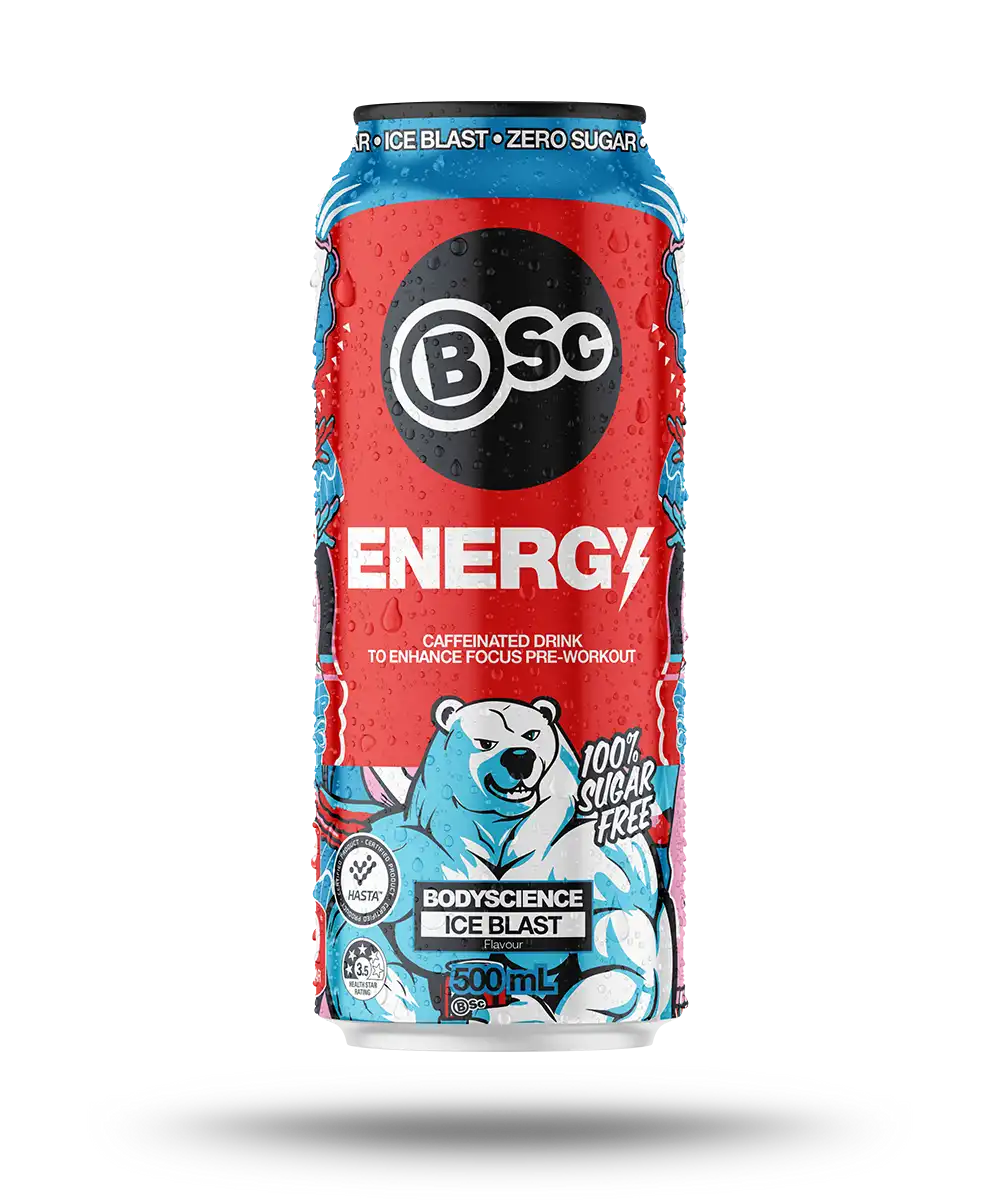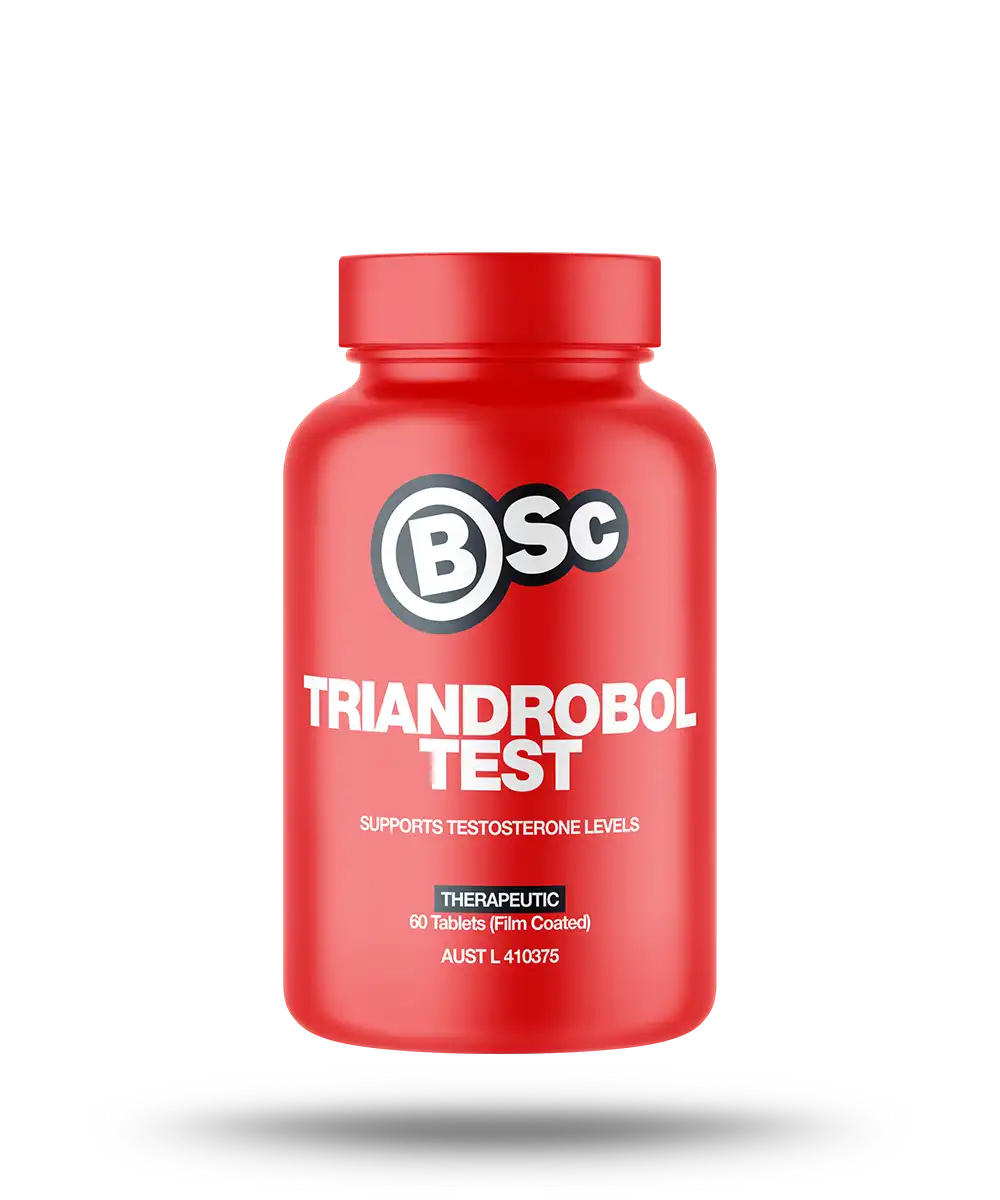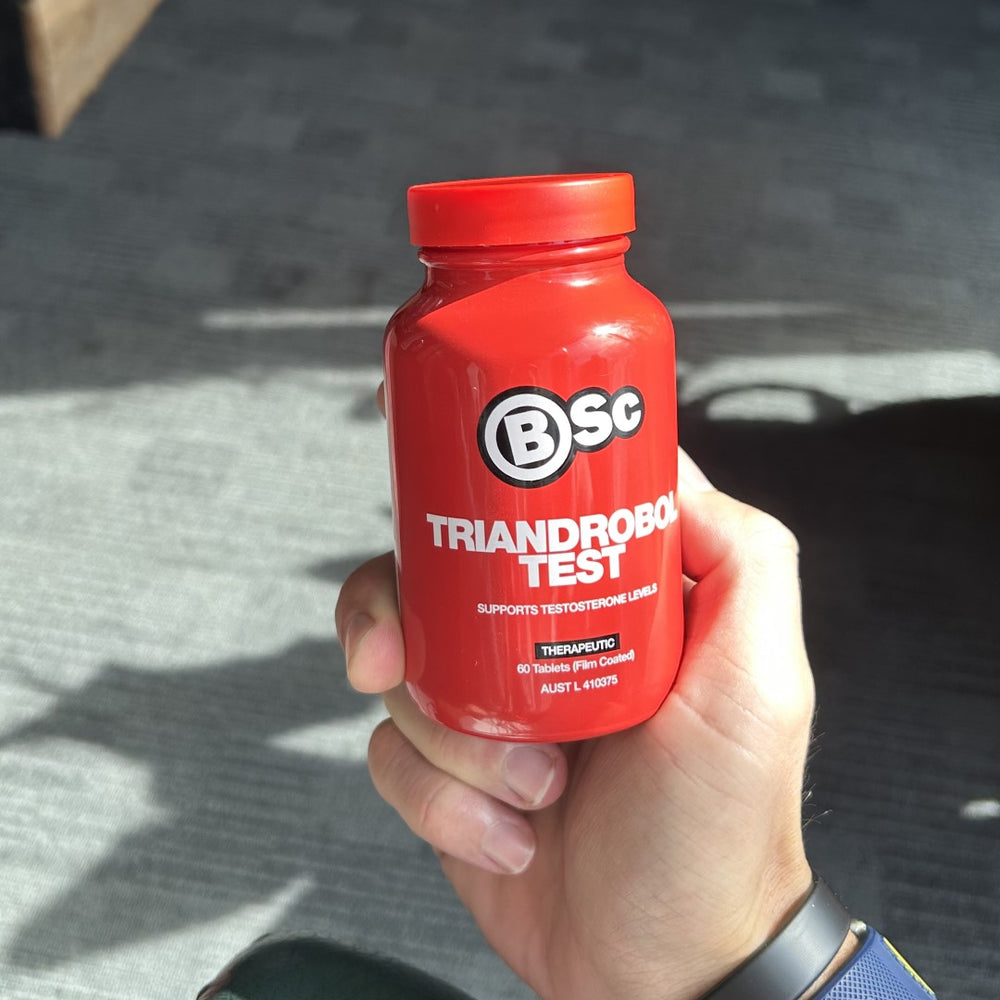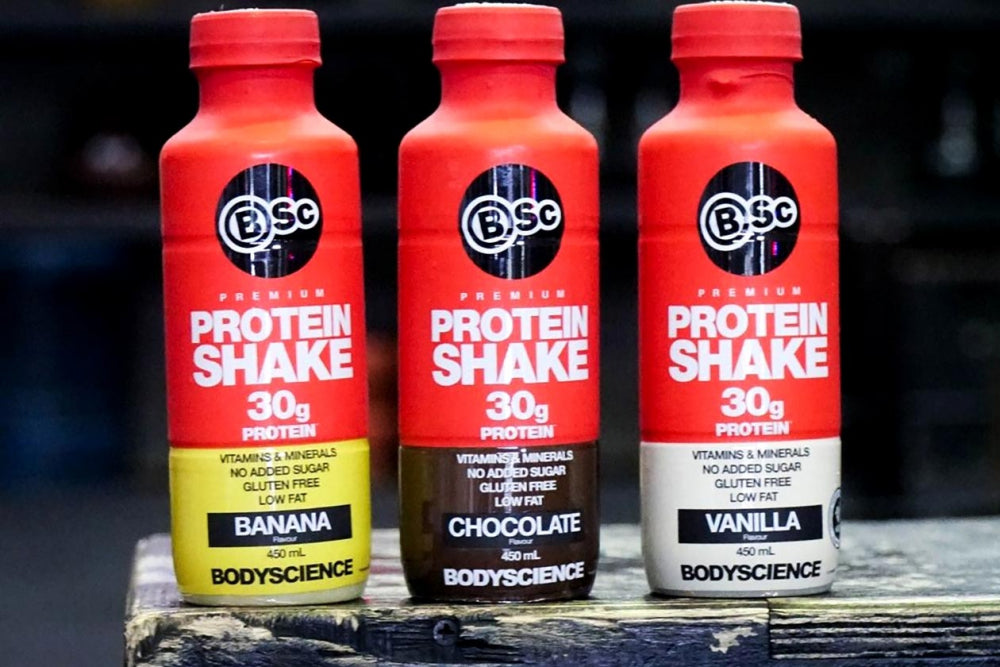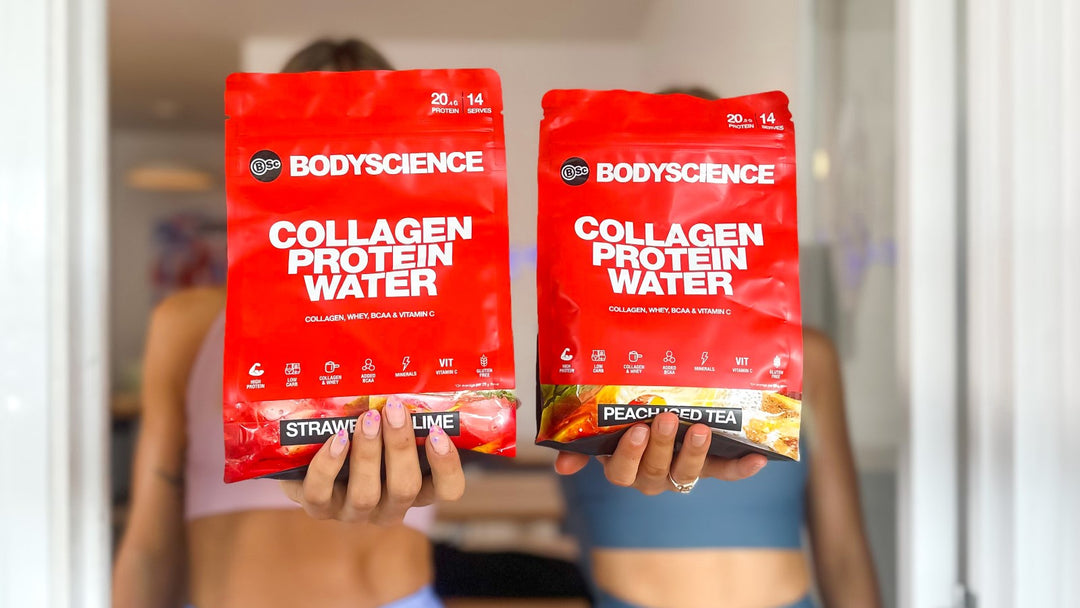How Many Protein Shakes Should You Be Drinking Daily?
Protein shakes are some of the most popular dietary supplements, especially for athletes and workout enthusiasts. People drink various types of protein shakes for different but mostly valid reasons, such as losing weight, building muscle mass and repairing damaged muscles and tissues. And it's true – coupled with the right workout, diet and lifestyle, protein shakes can help you lose weight and build muscles and strength.
WHY DRINK PROTEIN SHAKES IN THE FIRST PLACE?
After vigorous physical exercise or any workout session, some of the protein tissues in your muscles get damaged. These tiny tears in the muscles help them grow bigger and stronger as they heal – that’s basically how strength exercises help build muscle mass.
The only problem is, the body's natural healing processes slow down significantly with age. The adult human body is particularly slow at regenerating and restoring protein tissue fibres. And that’s where protein shakes come in.
The AHS defines dietary supplements as products containing ingredients such as nutrients, vitamins and minerals. Protein shakes are protein-based supplements containing amino acids – the building blocks of proteins. Once ingested, the amino acids become the raw material the body needs to build and repair muscles, accelerating the body's natural regenerative processes. Ultimately, this leads to faster muscle growth, lowered risks or injuries, and a generally healthier and more muscular body.
Of course, you can get the same amino acids from protein-rich foods such as meats, legumes, and dairy products. But to get sufficient proteins from food material, you'd have to spend more time in the kitchen than at the gym. Protein-based supplements come in concentrated (sometimes flavoured) tablet, liquid or powder form, saving your body the time and effort it takes to digest and absorb raw protein.
Besides, protein-based supplements are derived from animal and plant products; casein and whey concentrate come from milk, and there are also vegan protein supplements made from multiple nutrients and protein-rich plant-based sources.
In short, taking protein shakes is just an easier way of ingesting enough proteins without having to eat multiple courses of beef every day. So technically, it’s not a question of how many protein shakes you should drink per day but how much protein your body requires every day.
CALCULATION OF YOUR PROTEIN INTAKE
The amount of protein your body needs depends on your weight and workout regime. For the average person, a daily intake of 0.8 g of protein per kilo of body weight is sufficient. If you work out regularly (at least three times a week), you should consume about 1.5g of protein per kilo of body weight every day. If we are talking intense workouts like heavy strength training, endurance drills and HIIT, you should up your daily protein intake to at least 2 g per kilogram of body weight.
Remember, men need about 10 per cent more protein than ladies because they are generally larger and have leaner and denser muscles.
A heavy-workout bodybuilder weighing 90 kg must consume 180 g of protein every day to maintain the immense muscle mass. A good example of a protein-rich meal served with brown rice, a chicken breast and some vegetables can only provide about 60 g of protein at best. In this scenario, the bodybuilder would have to eat three to four heavy protein-rich meals each day, which may still not be enough. Alternatively, he can have three regular meals and a one-scoop BSc Shred Protein Powder between meals and after intense workout sessions.
HOW MUCH PROTEIN IS IN ONE SHAKE?
Now that you can work out how much protein your body needs on a daily basis, the next question should be: how much protein is in a protein shake? Now, that depends on the concentrate or isolate in question. For instance, the Perform & Recover Protein contains 22 g of protein per 60 g serving, and the Whey Protein Powder has 28.7 g of protein in every 40 g of powder. But on average, a 500 ml protein shake should give you 20-30 g of protein.
FINALLY, HOW MANY PROTEIN SHAKES SHOULD YOU DRINK IN A DAY?
From what we’ve already discussed, the number of protein shakes you should drink per day depends on three things:
- Your body mass
- Physical activities and routines (workout, sports, bodybuilding, etc.)
- Your preferred protein concentrate or isolate
If you're of average build and go to the gym regularly, two protein shakes a day is enough to maintain your body mass. But if you're seriously involved in athletic sports, fitness practices and strength exercises, you may need to drink three to four protein shakes daily to sustain your physique and performance. It basically comes down to individual physical characteristics, lifestyle, diet and preferences.
CAN YOU OVERDOSE ON PROTEIN?
You can't overdose on protein shakes or other protein-based supplements. However, taking too much-concentrated protein can have some side effects. Think of these supplements as more like protein snacks than alternatives to meals.
The body does not store excess protein like it does carbs and fats. Instead, the unused protein is either excreted or converted into fat. In some cases, consuming too much protein, especially without the workout routines to make use of the amino acids, can sabotage your fitness or weight loss goals.
Take only the amount of proteins you need to sustain your health, sports, fitness and personal standards. But then again, don’t overcomplicate things by painstakingly measuring your protein intake by gram. Determine a rough but reasonable intake estimate based on your lifestyle.
ENHANCE YOUR DIET WITH NATURAL PROTEIN SUPPLEMENTS FROM BODY SCIENCE
BSc has been a leading high-quality sports nutrition brand since 1991. We prepare all our products to meet and surpass international health and safety standards to ensure our customers get the best high-performance dietary supplements. Buy now and keep your body rejuvenated, strong and healthy with our specially formulated products.
REFERENCES:
- https://www.foodstandards.gov.au/science/monitoringnutrients/ausnut/dietarysupps/Pages/default.aspx#:~:text=For%20the%20purpose%20of%20the,multivitamin%20or%20fish%20oil%20products
- https://www.healthline.com/nutrition/protein-shakes-weight-loss#TOC_TITLE_HDR_4
- https://www.health.harvard.edu/blog/how-much-protein-do-you-need-every-day-201506188096#:~:text=To%20determine%20your%20daily%20protein,grams%20of%20protein%20a%20day
- https://open.oregonstate.education/aandp/chapter/24-4-protein-metabolism/


